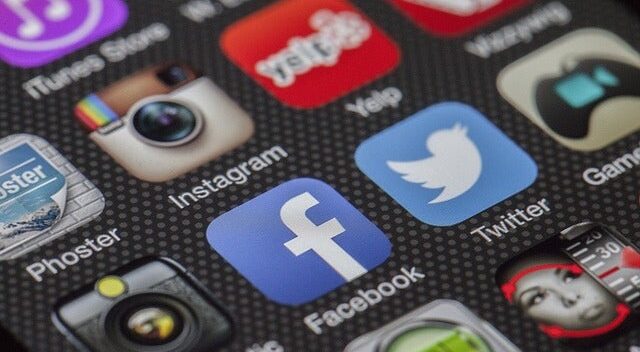Buckingham school board signs off on cell phone policy changes
Published 6:44 am Wednesday, November 20, 2024
|
Getting your Trinity Audio player ready...
|
Back in September, the Virginia Department of Education rolled out some expectations for school districts to include in their ‘cell phone free’ education plans, which are required to be complete by January. During their Wednesday, Nov. 13 meeting, the Buckingham County School Board made a couple changes to their version of the plan, in order to fit what the state officials were asking for.
“Our policy was very much in line already,” said Buckingham Director of Student Services Melissa Hanes. “We didn’t have to make many changes.”
The only changes adopted Wednesday were to require cell phones to be shut off before 7:45 a.m. at the high school and to remove the option of cell phones being used at lunch, also for Buckingham High students.
What do the state guidelines say?
Trending
The rest of Buckingham’s cell phone policy lines up with the new state guidelines. All cell phone use is banned for elementary students, both within the school building and on school grounds. If a parent decides that a student needs a cell phone for whatever reason, that phone needs to be turned off and stored away during the school day. State officials also argue that rather than call or text a student’s cell phone, the parent needs to call the office if they need to reach their child during the school day.
The same applies in middle school. Cell phones are banned during the school day, but if a parent decides a student must have one, that phone needs to be turned off. VDOE officials also suggest that school officials stop using social media apps to announce changes, post schedules or release any information. They suggest that all districts build their own apps, so only the school district’s information is available. Buckingham already has its own app, designed to be used with smartphones. The high school rules are pretty much the same, with one change. Students can use cell phones in Buckingham either before 7:45 a.m. or after school.
What about buses, Buckingham school board asks?
Buckingham school board members wondered if they were allowed to go beyond what the state was requiring. During their Nov. 13 meeting, members asked if it was legal to ban cell phones from the school buses. Current Buckingham superintendent Dr. John Keeler said he was in favor of an electronics ban on buses.
“There shouldn’t be any phones or tablets on the bus,” Keeler told the board. “It’s for safety. It coincides with no phones.”
The group discussed banning phones and tablets on buses, but Vice Chairman Joe Snoddy raised a concern. He suggested that they talk to an attorney first, to get a better idea of what is and isn’t allowed.
I don’t have a problem with (the ban), but at the end of the day, you’re going to have pushback,” Snoddy said. “Let’s find out what the pushback’s going to be beforehand.”
Trending
As a result, the Buckingham school board agreed to break this into two pieces. First, they unanimously adopted the changes to the cell policy that had been brought up by Hanes. Second, they agreed to hold off on any bus ban for cell phones until they can discuss the issue with their attorney.
What impact will ban have?
This is a situation where there is data, beyond just testimony, to back up the concept of cell phone free schools. A 2023 study by the Fordham Institute seems to back up the argument, stating that increased phone use in classes contributed to the decline seen in test scores even before the pandemic.
“We see smartphone ownership really taking off among adolescents in middle and high school around 2013,” the Fordham report states. “That’s also when median achievement on the eighth-grade math test in the National Assessment on Educational Progress (NAEP) peaked. It’s fallen modestly ever since.”
Research by the nonpartisan U.S. think tank The Conversation echoes the idea. They compared schools that had cell phones removed with others that allow cell use.
“We found banning mobile phones at school leads to an increase in student performance,” the 2022 report states. “Our results suggest that after schools banned mobile phones, test scores of students aged 16 increased by 6.4% of a standard deviation. This is equivalent to adding five days to the school year or an additional hour a week.”
One of the biggest research projects on the subject was done in Norway, by the Norwegian Institute of Public Health. More than 100 middle schools were included in the study released earlier this year, with a portion given free reign with cell phones and the rest dealing with a full ban.
The schools with a ban on cell phones saw both an increase in average GPA and reduced bullying. There were also significantly fewer doctor visits detailing mental illness for those schools and administrators reported better attendance. As for the ones where cell phone use was allowed? There were no such changes.






